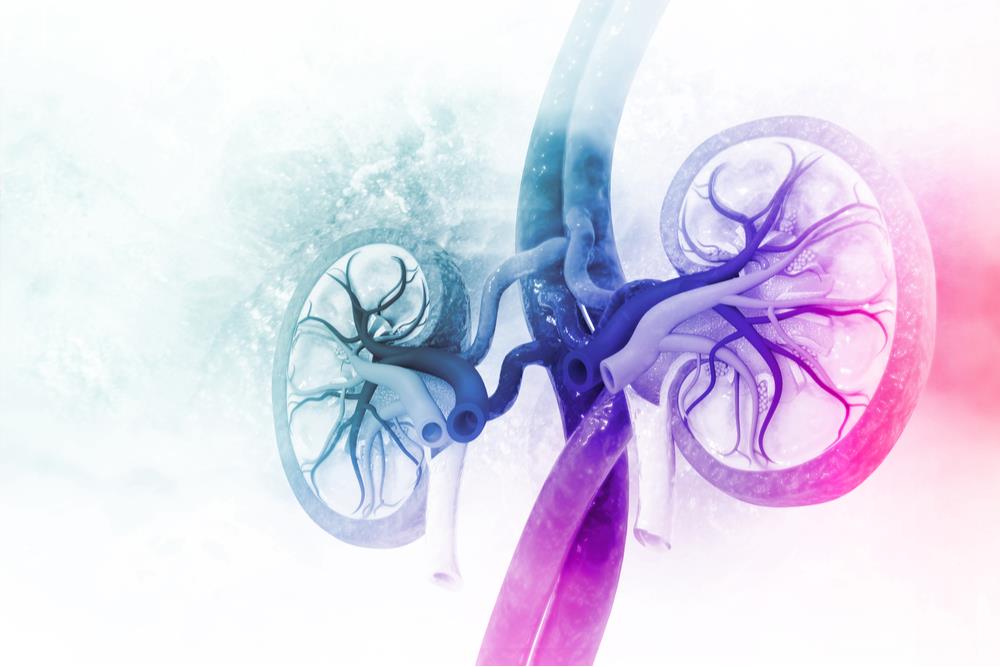It is recommended that patients with complete renal failure have a kidney transplant. The function of the kidneys is to filter wastes from the blood and eliminate them from the body through urine. The kidneys also regulate the body's fluid and electrolyte balance.
When should a kidney transplant be taken into account?
After trying everything else, including medication and dialysis, the kidney transplant is the last option.
What are the main causes of renal failure?
- Increased blood pressure - The microscopic blood capillaries that make up the kidneys may experience increased blood pressure, which might cause long-term, irreversible damage to the kidneys.
- Glomerulonephritis: This condition results in inflammation of the blood vessels and several other tissues connected to the nephron. This usually occurs in those who have impaired immune systems, such as those with lupus erythematosus.
- Diabetes - Over time, a rise in blood sugar decreases the kidneys' capacity to filter waste materials, resulting in diabetic nephropathy and ultimately end-stage renal failure.
- The illness known as interstitial nephritis is brought on by an adverse reaction to kidney inflammation caused by a particular medication or herbal remedy.
- Cystic Kidney Disease: The genetic condition known as polycystic kidney disease causes several large cysts to develop in the kidney, impairing kidney function.
Why are kidney transplants so common in India?
India has always been one of the most well-known nations when it comes to medical travel. In contrast to developed nations, India provides high-quality medical care at the most affordable prices, using the most up-to-date technology and professionals. Language is almost always a barrier for international patients seeking medical care. There is a special system for language interpretation in hospitals. Throughout the healing process, the patient is well taken care of by a team of physiotherapists and other medical professionals. Some of the best kidney transplant hospitals in India are listed below:
Gurgaon's Vedanta's Hospital
- The clinic is the first to offer robotic urology surgery.
- a single specialty healthcare entity that won the 2013 VC Circle Healthcare Award.
- This is one of the best facilities for any type of kidney problem minimally invasive procedures, including da Vinci robotic surgery.
- It works with some of the top and most skilled experts in the domains of nephrology and urology.
- It has 650 beds and 17 fully furnished, contemporary, adaptable operation rooms.
- BLK Super Specialty Hospital is the first hospital of its kind in the NCR region to construct and run an automated pneumatic chute system to enhance patient care.
- It offers one of the largest critical care programmers in the region, with 125 beds dispersed over many intensive care units in the medical, surgical, cardiac, pediatrics, neonatology, neurosciences, and organ transplant departments.
- The 1996 founding of the Indraprastha Apollo Hospital resulted in accreditation from JCI, NABL, and NABH.
- Apollo Group offers 10,000 beds spread throughout 64 hospitals, more than 2,200 pharmacies, and over 100 primary care and diagnostic clinics, along with 115 telemedicine centres in 9 different countries.
- The hospital placed top for renal sciences in the 2016 The Times Of India Healthcare Survey.
- The hospital received a Special Commendation for the Golden Peacock Environment Management Award for its environmental initiatives from a panel chaired by former Indian Chief Justice Justice P. N. Bhagwati.
Artemis Medical Center
- In 2007, Artemis Hospital, a super-specialty hospital in Gurgaon, Delhi, was established. The hospital's 380 beds are dispersed over a 9-acre area.
- It is the first hospital in Gurgaon to be accredited by both JCI and NABH.
- The hospital not only has state-of-the-art equipment but also specialises in nephrology and emergency care.
- At Artemis Hospital, there are 300 full-time doctors, 11 centres of excellence, and 40 specialties.
- There, patients may use the most advanced medical equipment, such as a 3 Tesla MRI, a 64-slice cardiac CT scan, and a 16-slice PET CT from Philips Medical System.



Comments
Post a Comment